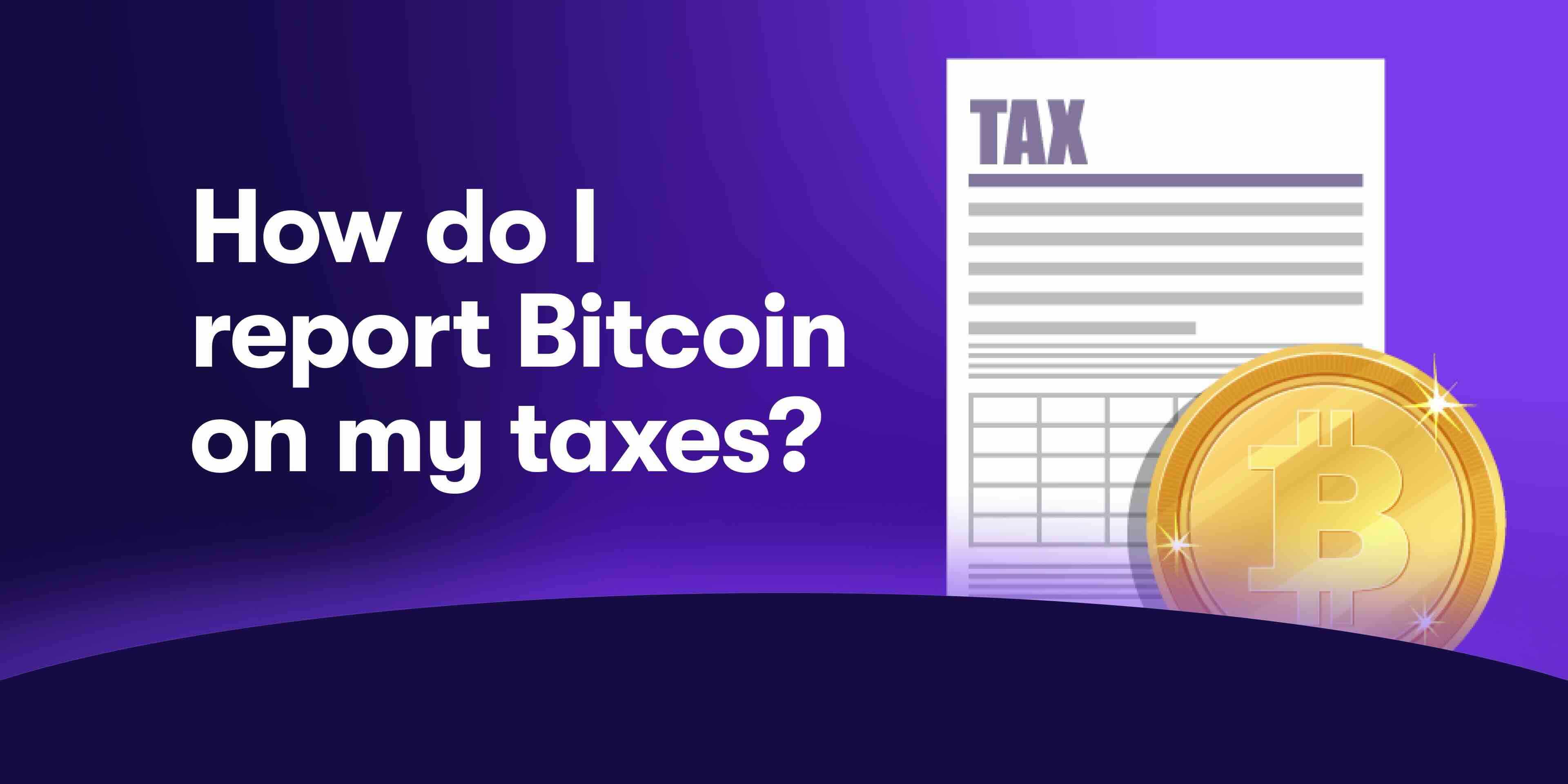Crypto Tax Tips
As global scrutiny on cryptocurrency transactions grows, it's crucial to keep your crypto affairs in check. When tax season approaches, make sure you’re not caught short by following these tax tips to make reporting your crypto transactions as smooth as possible.
Reporting crypto taxes can be a headache, but that's exactly why Crypto Tax Calculator exists! We aim to make the entire experience as straightforward as possible for you, so you can spend more time on the fun things (like staring longingly at jpegs).
Is cryptocurrency taxed in Greece?
Greece has not officially recognised cryptocurrencies, however there are plans to introduce a new tax framework by 2025. The Greek government has formed a special committee to study digital assets and provide recommendations for their regulation and taxation.
Starting January 2025, profits from trading crypto will be subjected to a 15% capital gains tax. This move aligns with the observed increase in crypto-related activities in Greece and aims to bring more transparency and accountability to the sector.
4 Tips to Prepare for Tax Season
Navigating the world of crypto can be exciting, but it also comes with its own set of financial complexities, particularly when it comes to taxes.
As digital assets become increasingly popular, understanding how to manage your tax obligations is crucial for maintaining compliance and optimising your returns.
To avoid finding yourself in a situation where a surprise tax bill slaps you in the face, here are some tips to prepare for tax season. Whether you’re a seasoned trader or new to the crypto space, these insights will help you stay informed and strategically manage your tax responsibilities.
Tip 1: Keep detailed records of transactions
One tip for crypto investors is to keep track of your transactions. Detailed records will not only help you accurately calculate capital gains and losses but also ensure you’re prepared for tax reporting. When calculating your crypto taxes, it’s crucial to include history from every source that you have activity on. The reason is, if you don’t provide your entire transaction history, there will be no way to determine an accurate cost basis for individual transactions. Without an accurate cost basis, your entire crypto tax return could be wrong!
Tip 2: Ensure all your wallets and accounts are synced
To accurately report your crypto transactions, it's crucial to have all your data in one place. Make sure to add all your wallets and exchange accounts to your crypto tax software. If you've previously imported accounts, take a moment to ensure they are fully synced and up-to-date. This will help you capture all your transactions, including any new ones since your last login.
Tip 3: Regularly review your transaction
It’s important to regularly review your transactions for accurate reporting. By checking your trades, sales and purchases, you can catch any discrepancies or errors early on. This proactive approach helps ensure that your records are accurate and complete, making it easier to track capital gains, losses, and overall performance.
Tip 4: Generate your tax reports and be ready to file
After completing the first three tips, you can now generate your tax reports and take a look at the numbers. CTC offers a range of different reports that give you a clear and easy-to-understand overview of your tax obligations. By taking action now and following these four tips, you'll be setting yourself up for a smooth tax filing experience.
Remember, being proactive is key to a successful tax season. By taking action now and following these four tips, you'll be setting yourself up for a smooth and stress-free experience. You may even be able to save on your tax bill. Don't wait until the last minute – start preparing today and enjoy the peace of mind that comes with knowing your crypto taxes are in order. How can Crypto Tax Calculator help? By providing you with the tools to help track your crypto transaction history, our platform lowers the chances of human error. We also work with local tax professionals in regions around the world to ensure that our algorithm’s rules are up to date with relevant legislation, meaning you will have direction as to what could or could not be a taxable event. Finally, one of our favourite features in the platform is the ‘biggest winners / biggest losers’ widget. It will identify what assets you’re holding have the best and worst growth in value since point of purchase. This can give you an idea on what assets might be relevant when looking into claiming capital losses.
The information provided on this website is general in nature and is not tax, accounting or legal advice. It has been prepared without taking into account your objectives, financial situation or needs. Before acting on this information, you should consider the appropriateness of the information having regard to your own objectives, financial situation and needs and seek professional advice. Crypto Tax Calculator disclaims all and any guarantees, undertakings and warranties, expressed or implied, and is not liable for any loss or damage whatsoever (including human or computer error, negligent or otherwise, or incidental or Consequential Loss or damage) arising out of, or in connection with, any use or reliance on the information or advice in this website. The user must accept sole responsibility associated with the use of the material on this site, irrespective of the purpose for which such use or results are applied. The information in this website is no substitute for specialist advice.








































































































































































